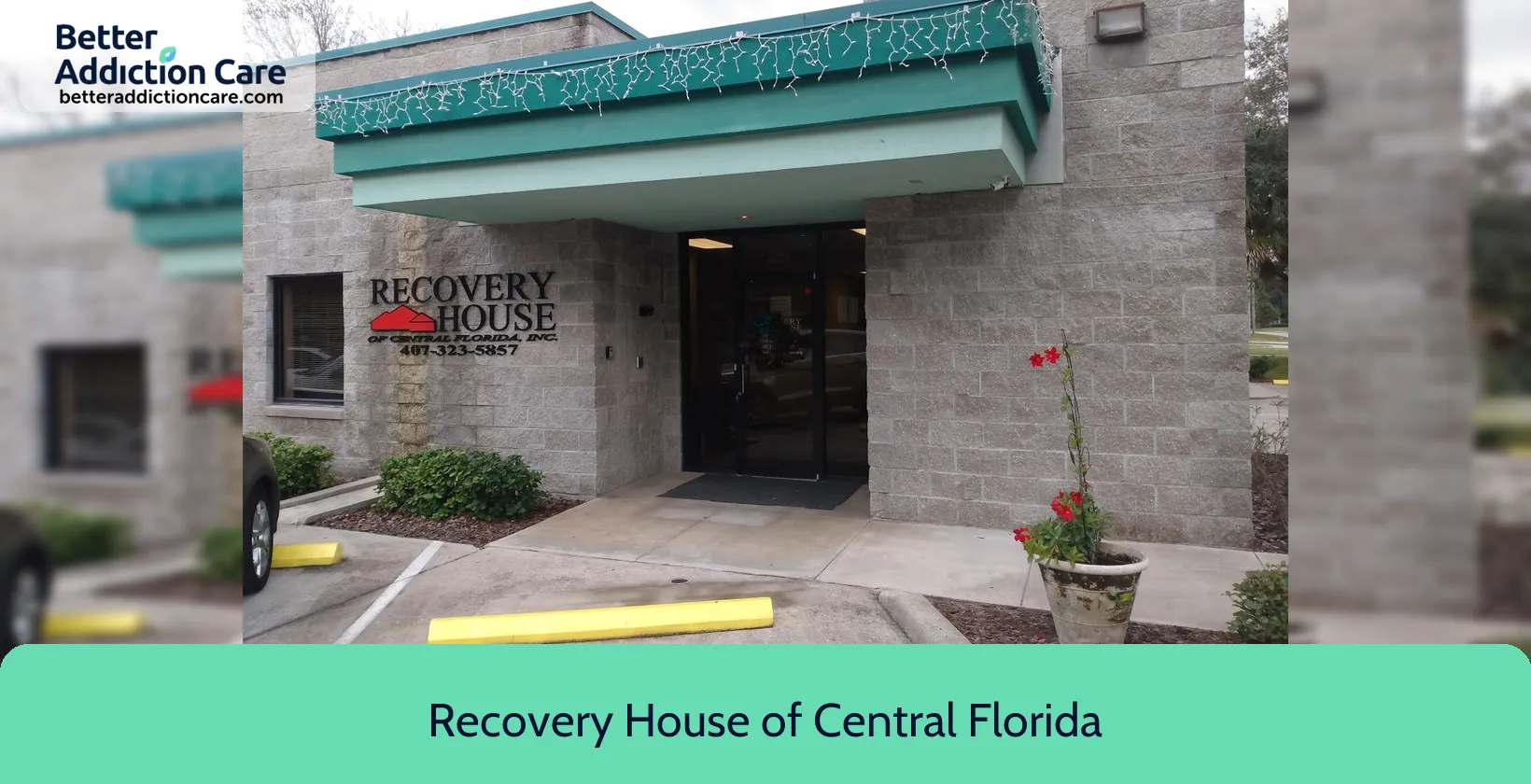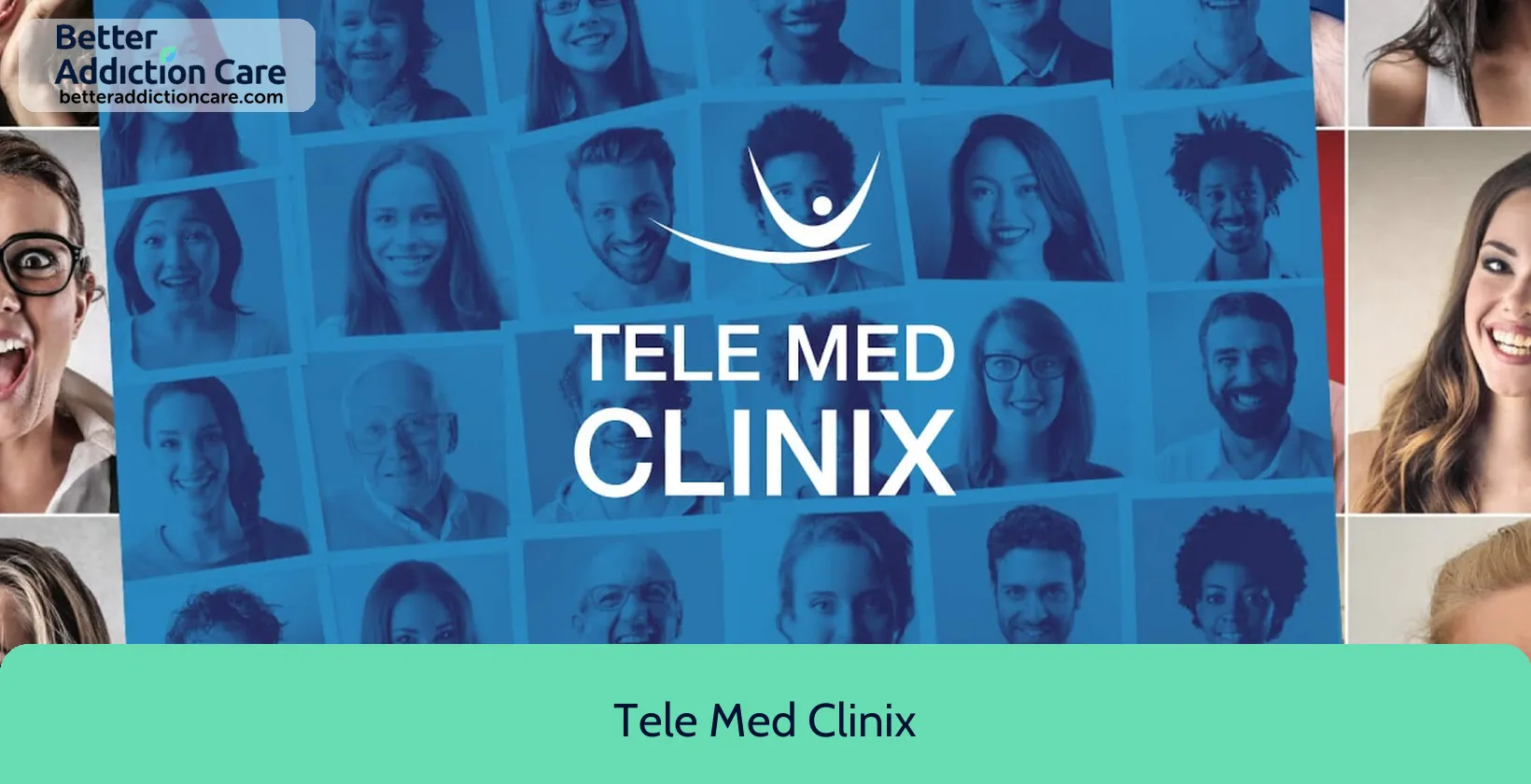
Overview
Advent Health Hope and Healing Center is a substance abuse treatment center for people seeking treatment near Seminole County. As part of their treatment modalities for recovery, Advent Health Hope and Healing Center provides cognitive behavioral therapy, substance use disorder counseling, and trauma-related counseling during treatment. Advent Health Hope and Healing Center is located in Sanford, Florida, accepting cash or self-payment for treatment.
Advent Health Hope and Healing Center at a Glance
Payment Options
- Cash or self-payment
- Federal, or any government funding for substance use treatment programs
Assessments
- Outreach to persons in the community
- Screening for substance use
- Comprehensive substance use assessment
Age Groups
- Young adults
- Adults
- Seniors
Ancillary Services
- Social skills development
- Transportation assistance
Highlights About Advent Health Hope and Healing Center
7.25/10
With an overall rating of 7.25/10, this facility has following balanced range of services. Alcohol Rehabilitation: 8.00/10, Drug Rehab and Detox: 7.54/10, Insurance and Payments: 6.00/10, Treatment Options: 7.46/10.-
Alcohol Rehabilitation 8.00
-
Drug Rehab and Detox 7.54
-
Treatment Options 7.46
-
Insurance and Payments 6.00
Accreditations
Commission on Accreditation of Rehabilitation Facilities (CARF):

Established in 1966, the non-profit organization known as the Commission on Accreditation of Rehabilitation Facilities (CARF) has a dedicated focus on accrediting rehabilitation organizations. CARF's primary mission is to assist service providers, particularly rehabilitation facilities, in upholding and promoting the highest standards of care.
Treatment At Advent Health Hope and Healing Center
Treatment Conditions
- Alcoholism
- Substance use treatment
Care Levels
- Hospital inpatient treatment
- Outpatient
- Short-term residential
- Intensive outpatient treatment
- Aftercare
Treatment Modalities
- Cognitive behavioral therapy
- Substance use disorder counseling
- Trauma-related counseling
- Group counseling
- Family counseling
Ancillary Services
Additional Services
- Pharmacotherapies administered during treatment
- Mentoring/peer support
- Drug or alcohol urine screening
Special Programs
- Clients with co-occurring mental and substance use disorders
- Clients who have experienced trauma
Get Help Now
Common Questions About Advent Health Hope and Healing Center
Contact Information
Other Facilities in Sanford

7.68

6.80

6.74
DISCLAIMER: The facility name, logo and brand are the property and registered trademarks of Tele Med Clinix, and are being used for identification and informational purposes only. Use of these names, logos and brands shall not imply endorsement. BetterAddictionCare.com is not affiliated with or sponsored by Tele Med Clinix.
